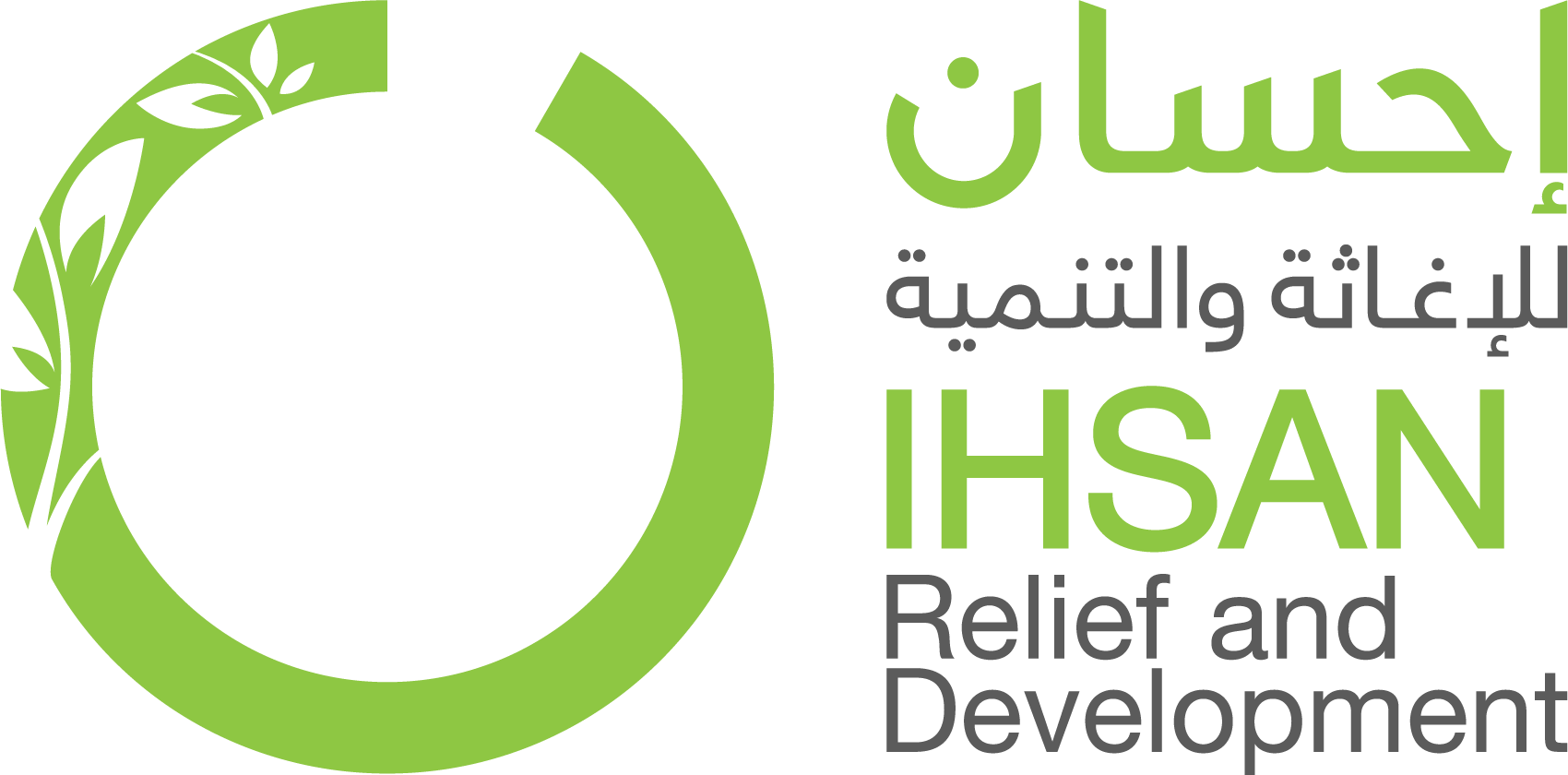


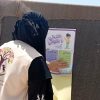
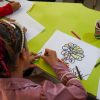
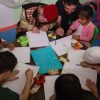
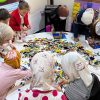


Office for the Coordination of Humanitarian Affairs
Amman, 5 October 2017
I am appalled by reports of high numbers of civilian casualties due to heavy air attacks in Syria. Hospitals, ambulances, schools and displaced people escaping violence have been targeted by direct air strikes resulting in deaths and injuries of innocent civilians. September was the deadliest month of 2017 for civilians with daily reports of attacks on residential areas resulting in hundreds of conflict-related deaths and injuries.
This week, airstrikes on Ar-Raqqa city killed dozens of people and injured many others. Some 8,000 people remain trapped in the city. Between 19-30 September, airstrikes on residential areas in Idlib killed at least 149 people, the majority of whom were women and children. Attacks on medical facilities are depriving people in need of their right to life-saving medical care. Schools and hospital in Idlib have been forced to close due to fear of being targeted. Three explosions in Damascus city caused the death of 20 people and injured 15 more. Civilian casualties were also reported in Rural Damascus, Hama, Aleppo, and Deir-Ez-Zor.
I would like to praise the phenomenal work carried out by humanitarian workers and in particular national staff. Rescue workers on a daily basis risk their lives to help others.
The UN calls on all parties to the conflict to immediately take all measures to protect civilians and civilian infrastructure throughout Syria. Targeting of civilians and facilities including hospitals and other medical facilities is simply unacceptable and constitute a grave violation of human rights and international humanitarian law and may amount to war crimes. All parties to the conflict must respect their international obligations and act in a way that ensures the protection of civilians and humanitarian workers.
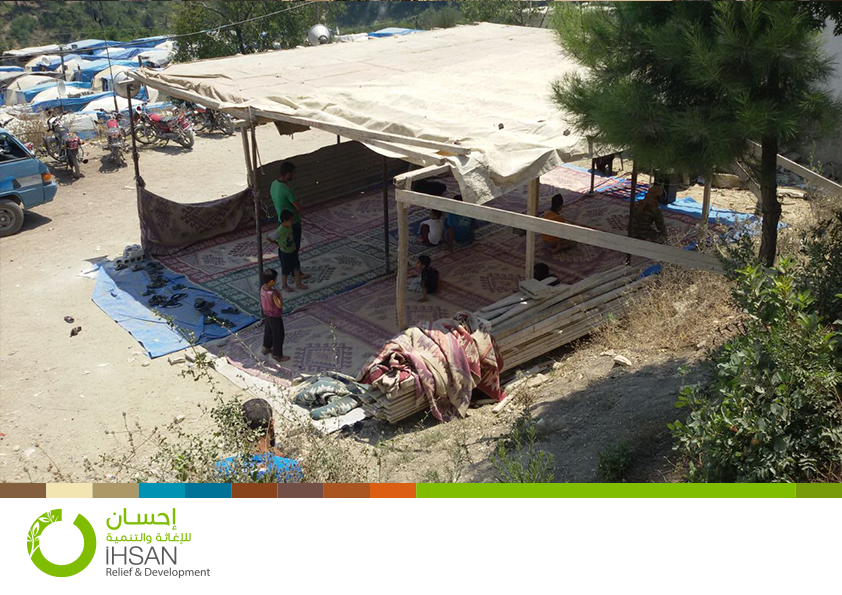
Ihsan for Relief and Development, an organization under the umbrella of the Syrian Forum, has just completed the data collection phase of the on-going needs assessment in Lattakia, led by the Needs Assessment Department. The objective of the multi-sectoral assessment is to identify the major gaps in the non-government controlled area in order to build adequate projects in response. The Ihsan team on the ground began the assessment after receiving a in-depth training on tools and methodology. The assessment was gathered information from heads of relief committees, heads of hospitals, school managements, random sample of civilians as well as well-known leaders of the community.
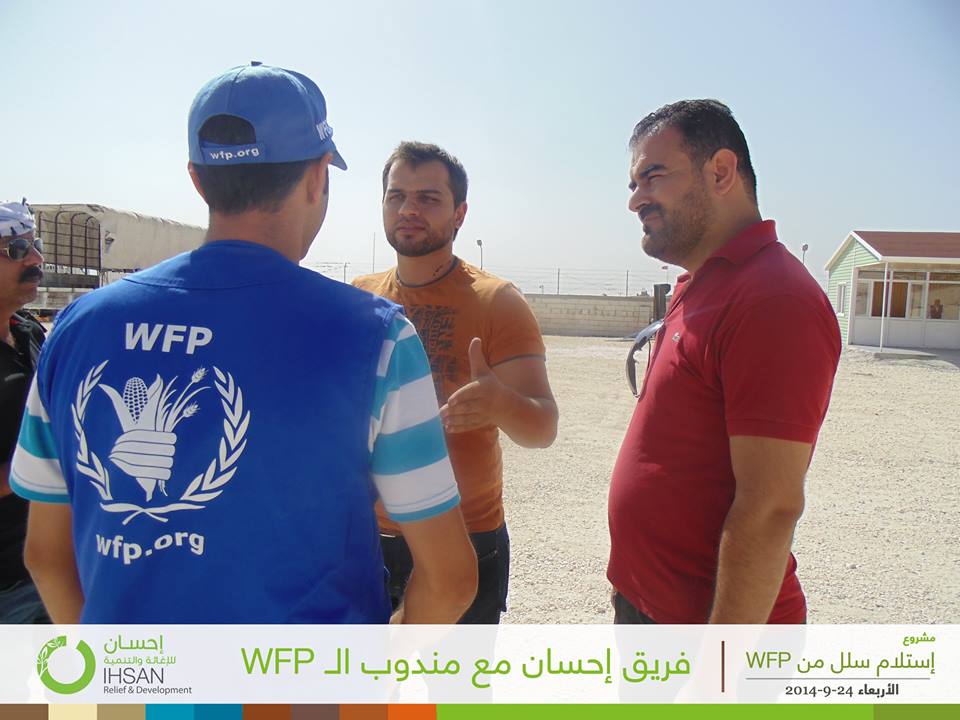
Ihsan for Relief and Development signed a contract for receiving and distributing health baskets provided by the WFP during September 24-25-26, 2014. A group of international monitors oversaw the operation of receiving and transporting the baskets on Syrian soil. The WFP provided approximately 5000 food baskets with a variety of grains, oils and canned foods. The number of beneficiaries of this project is estimated to be 25,000 people. It is worth noting that each basket weighs 50 kgs.
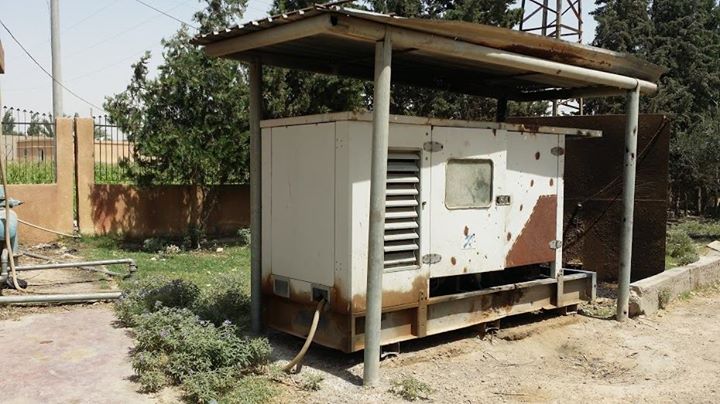
Syrian Forum’s Ihsan for Relief and Development completed a power supply project in Al-Hatleh village in Der Ezzor. The project entailed the purchasing, transporting, and installing of an electric power generator. The project ensures pumping water directly to village houses. Approximately 39000 people live in Al-Hatleh.
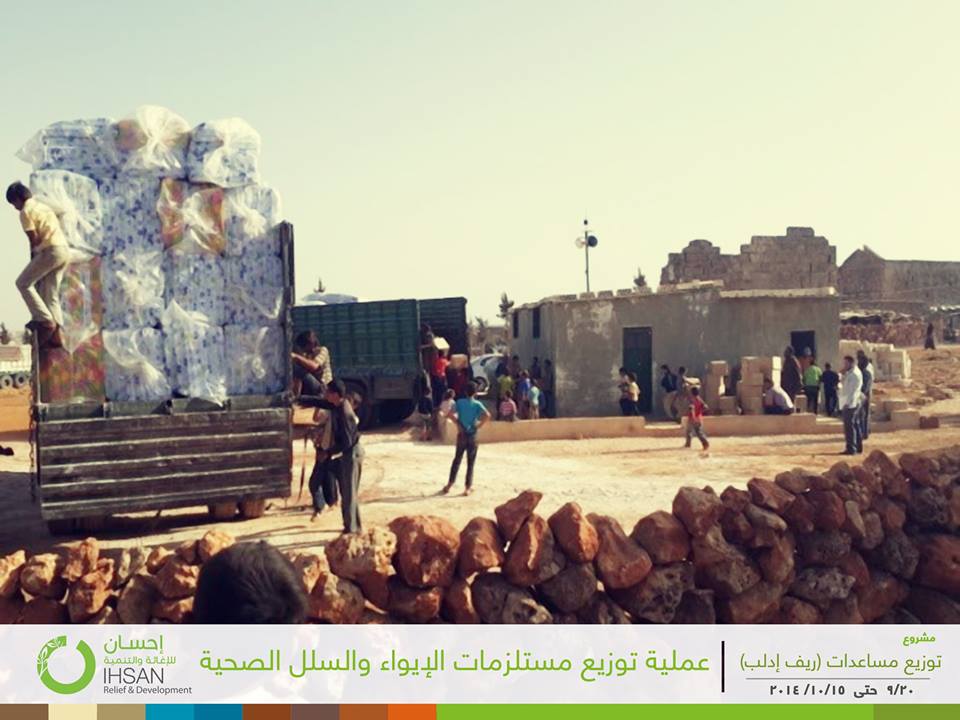
Ihsan for Relief and Development completed the distribution of assistance worth $49,571 in the last quarter of September and the first half of October 2014. Assistance included shelter supplies, health baskets and transportation allowances for Syrian IDPs in rural Idleb (the villages of Sargila, Rabia and Shanshrah). This was completed within SF’s current contract with the NGO ACTED. Ihsan’s team directed distribution operations, which were attended by Mr. Mohammad AlMasry, SF’s Idleb office manager. It is worth noting that Ihsan’s field team visited the distribution area previously in September and documented a complete absence of necessary infrastructure. Approximately 2500 IDPs reside in the distribution area.
For more information, visit or contact us:
Topkapı mah, Çayır Meydanı Cd.
No:123 D:Kat: 03, 34093 Fatih
Istanbul – Turkey
[email protected]
Fax: +90 212 263 41 75
